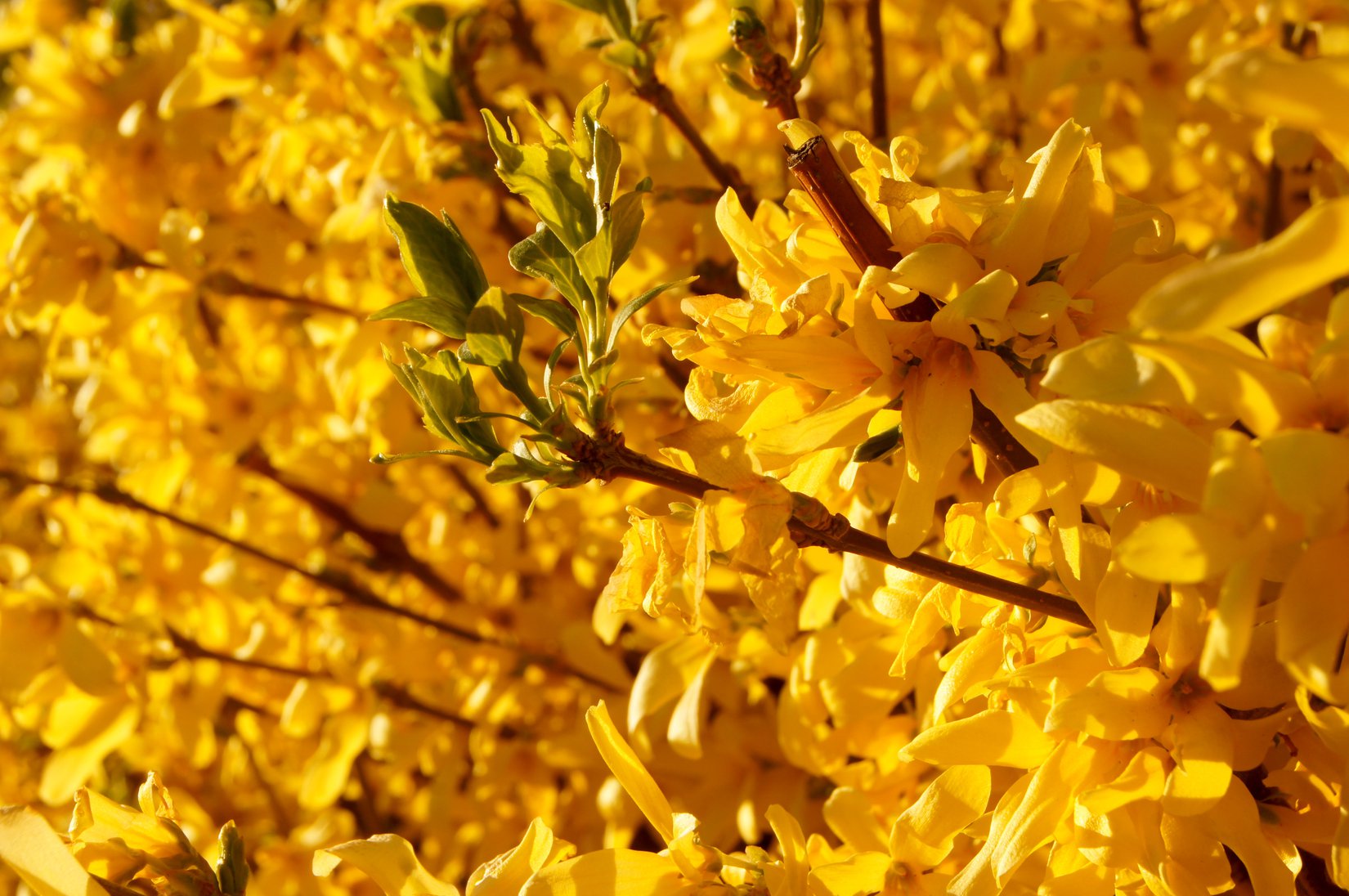
Easter traditions on Gemer
Maundy Thursday marked the beginning of the strictest fast, when fatty and meaty foods were stopped. There were no entertainments in the villages, no singing or whistling was allowed, bells were tied on church towers and belfries, all as a sign of sadness over the crucifixion of Jesus Christ. They were untied only on Sunday, when Jesus Christ rose from the dead. On the day when the church bells did not ring, the evil forces from the village were chased away by the rapping of rappers. On Maundy Thursday, there were various soups and stews made from young leaves of spinach, lettuce, sorrel, or nettle, which was supposed to purify the blood. On this day, poppies were sown to be well received. And if a man sowed it, the harvest should have been even better.
On Good Friday, even before sunrise, the girls bathed in the stream so that they would not have ulcers, scabs, ringworm and be healthy throughout the year. The spring water on the night of Maundy Thursday to Good Friday was believed to have healing powers. The water was drawn not against, but downstream. This was supposed to symbolize purification, when everything bad goes down the river. The girls also bathed under the willow tree to have long hair like her. During Good Friday, it was not allowed to do anything but the most necessary things around the farm. The Passion was read in the church, the atmosphere was in the spirit of the burial of Jesus Christ. The strictest fast of the year was observed on this day. Fat and meat were forbidden. Many families consumed neither butter nor milk for adults. Symbolically, for example, long noodles were cooked with poppy seeds so that there were large ears of corn on the rye.
On White Saturday they cleaned, young girls started to dye eggs, housewives baked cakes, strudels, cooked ham, which was only eaten on Sunday and Monday. Its broth was mostly used as a base for sour soup. But there were also those who collected the ointment from it, put it aside, and in the summer, while working in the fields or meadows, smeared their limbs with it. It was supposed to protect them from snakes and insects. Another interesting custom was washing in the stream at the first church bell. This was done by everyone who did not want to have freckles on their face.
On Easter Sunday, the greatest holiday, everyone hurried home from church, because it was said that as smart as he came, he was supposed to be so smart in the harvest. But if someone fell with food on the way home, it was a harbinger of damage that would affect his fields.
After Easter Sunday came the most awaited day for young people. From early in the morning, boys and young men went to water. Often, however, they first had to look for the girls who hid from them even outside the house. Some watered decently - from mugs, some dragged the girl to the yard to the well and there they watered her from a bucket, where there was no well, shove her to the stream. For watering, they received a reward, which was a colored egg, fruit, sometimes even money.Little boys were given boiled painted eggs for bathing. They were usually dyed by soaking them in a decoction of onion or walnut husks. Some plant or flower was used for decoration. The women decorated the mens with the first spring flower in addition to a stamper. In some areas, in addition to watering, whipping was also customary. The power of nature was supposed to be transferred to man by whipping a basket woven from fresh rods. Their touch was supposed to rejuvenate, bring strength and beauty. The same effect was attributed to watering with water. The time for dressings was set from early morning to lunch. In the afternoon there were already entertainments. And it also happened that on Tuesday, women poured water on men in return for Monday.